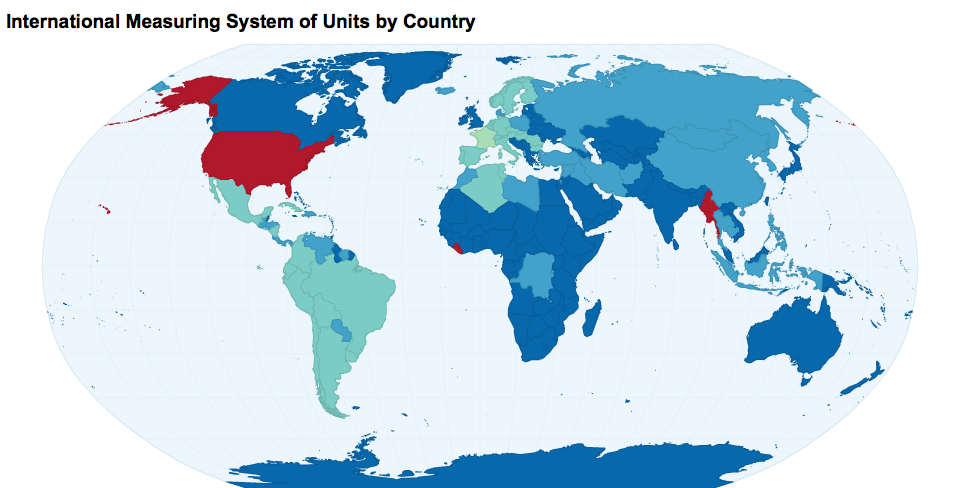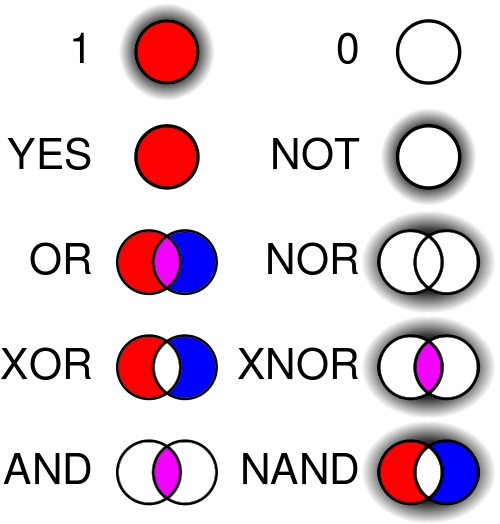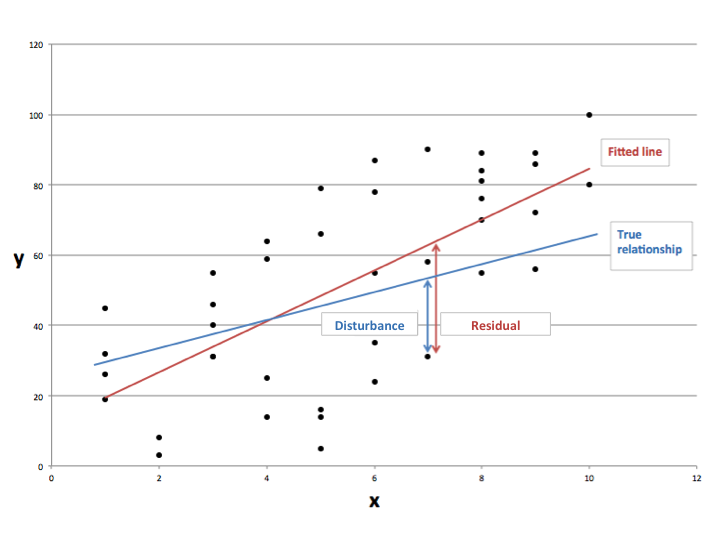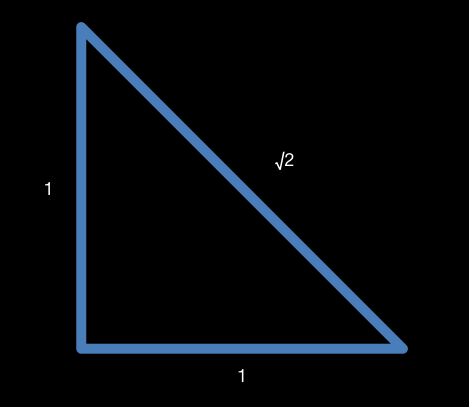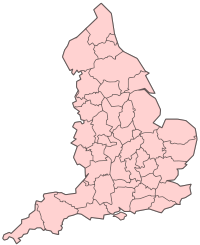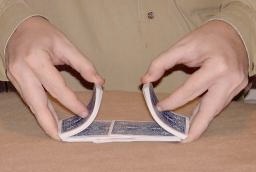MTV reality relationship shows aren’t really my jam. But after hearing about ‘Are You The One?’ and giving it a go, I was completely enthralled. If you can look past the portions with excessive drama and annoying editing, as is typical of these shows, what is left is a logical matching puzzle combined with an interesting insight into human mating behaviour. The concept The show has a fairly simple premise. Individuals apply to the show, answering questions and revealing the […]
My cousin and I both share the view that choosing friends or associations based on group attributes rather than individual attributes is a dangerous idea when aggregated. Rather than choosing to associate with others based on common interests, ideas, personality matches etc, there are many people that have a tendency to forge ties based on some stereotypical or socially constructed rule. The most obvious of these rules seems to be to gravitate around others of similar race or religion, though […]
Adopting a different way of doing things – one that undermines the implicit way your mind has been conditioned to think about something – is painful. I’m not sure that there is much getting around that. When you have a bandage or plaster applied to a wound, you can peel it off slowly and feel every uncomfortable pull sequentially as unique signals, or you can clench your teeth and rip it off. The latter method tends to be the way […]
In 1981, Daniel Kahneman, along with his long-time sidekick Amos Tversky, wrote a study about a very smart experiment they did that exposed the lack of attention people give base-rates in quick mental probability calculations. It is now quite famous, and you might come across it in a mathematics, economics or psychology course these days. The Experiment A cab was involved in a hit and run accident at night. Two cab companies, Green and Blue, operate in the city. You […]
When my friend stated that he’d like to learn a little more maths to help him with programming, I saw it as an opportunity to write a little about mathematical logic operators. I don’t know how helpful it will be for him specifically, but hey, it’s fun to write about! If The logical operator that forms the basis of most logical statements is ‘if’. It’s a way for you to make a claim, and is usually used in conjunction with […]
I’ve seen this question asked a fair bit around the internet. Whilst there are many explanations to the reason why this is, I thought I’d offer my own flavour in the hope that it will help a few more people understand the issue. The scenario is this: you’ve just bought some external or internal storage for your computer, whether it be a hard drive, flash storage or an SSD. You check the hard drive on your computer and shock horror […]
If you ever encounter some data in your life, you’re likely to come across a scatter diagram, which plots two variables against each other. You’re also quite likely to see a ‘line of best fit’ going through those points, which describes the apparent trend or correlation between the two variables, as suggested by the data points you’ve observed. It’s quite possible that in your early school days, you had to draw a line of best fit through some data by […]
My favourite bits of maths are related to pure number theory. It’s the stuff that we owe the Ancient Greeks a whole lot to. A lot of the things they came up with form the cornerstone of mathematical theory today. The Greeks were obsessed with the beauty of numbers. They liked everything to work out nice and neat, and this meant that their proofs and theorems were very elegant on the outside (though they incorporated a lot of imaginative and […]
Once upon a time, the great country of Englonia was ruled by the benevolent leader Neelios. He was famed for his mathematical methods of problem solving, and peasants and landowners alike would come to Neelios for justice and fairness to be calculated for them. Of course, his success was, in part, due to the strong support he received from his five noble and wise aides. Drove ‘the Car’ was in charge of healthcare and had almost supernatural healing powers for […]
Playing cards and number theory go together like young boys and bishops. Here’s an interesting application of mathematical cycles that involves card shuffling. The type of shuffle in the photo above is called a ‘riffle shuffle’. I’m sure you’ve all seen it before. You split the deck into two parts and interlock the parts together by using a fanning motion. The way most people do it in general is quite randomly and haphazardly, which is fair enough because the idea […]
Maths is full of cool theorems. The Pigeonhole Principle is one of my favourites because of the fact that it is so powerful and quite tricky to prove, yet so intuitive and easy to understand. Before I can talk about it though, I need to introduce you to the world of mathematical functions. Functions In maths, a function is a ‘mapping’ from one ‘space’ to another. The ones that people are used to seeing are things like f(x) = x2 […]
Pythagoras’ theorem is one of the beauties of mathematics. Something so simple as being able to work out sides of a right angled triangle has had pretty much unlimited use in practical engineering as well as very theoretical linear algebra and calculus. For those of you less mathematically inclined, I’ll explain briefly what the theorem says and then show you a nice real-world application of it. The Theorem If your years of mathematics are long gone and forgotten, then Pythagoras’ […]



